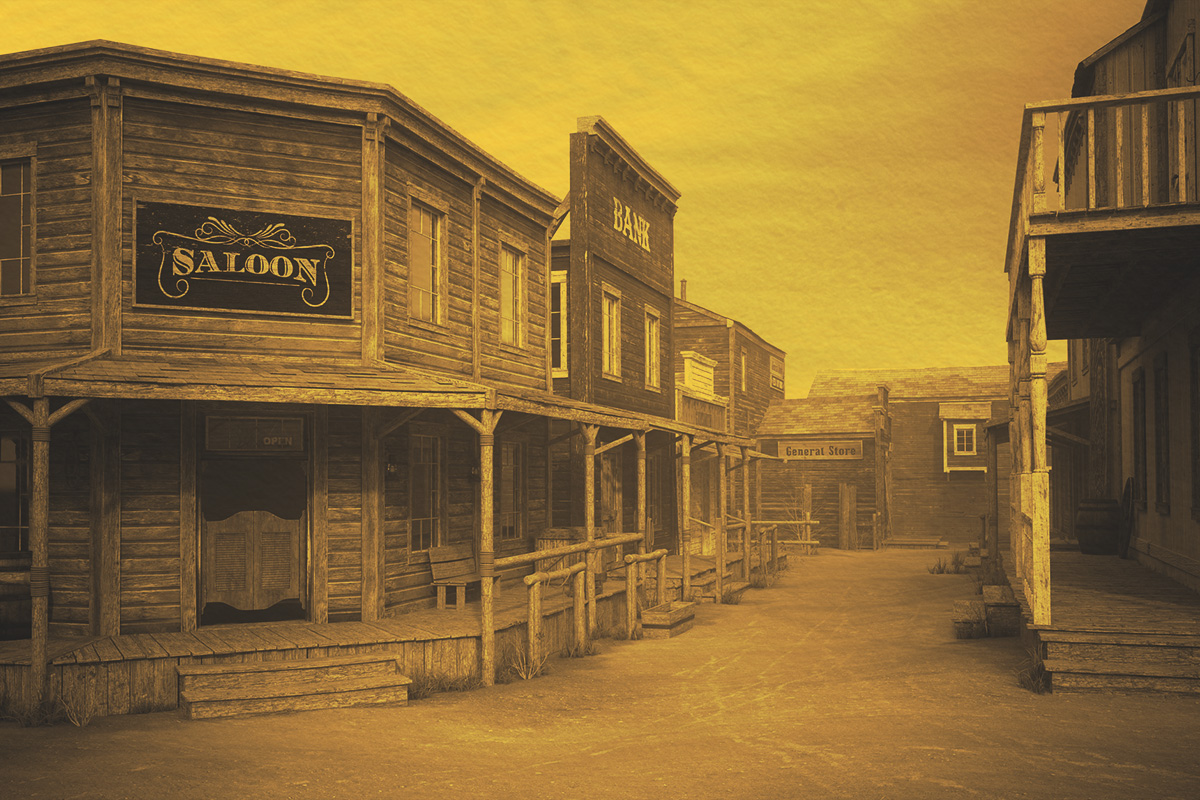
The impact of television is hard to overstate: It has given us countless hours of entertainment, provides important information, and serves as a platform for the life-changing products sold during late-night infomercials (we’re looking at you, George Foreman Grills).
TV also has had an indelible impact on the English language, as it has introduced us to a variety of new phrases and words that didn’t exist prior to those particular TV shows or episodes. In many cases, you may not realize that these terms were coined on TV — it seems like they’ve always been a part of our collective lexicon. Here are a few examples of phrases that leapt from the small screen to the pages of the dictionary.
The phrase “jump the shark” is a slang term that, according to the Oxford English Dictionary (OED), means “to begin a period of inexorable decline in quality or popularity.” While it can be used in general today, the origin is a specific storyline from the 1977 Happy Days episode “Hollywood: Part 3,” in which the character Fonzie leaps over a literal shark while he’s on water skis. However, no characters in the episode used the actual phrase “jump the shark.” It wasn’t until 1987 that this common idiom was coined. According to the Los Angeles Times, it was conceived of by future radio personality Jon Hein. To him, the shark storyline demonstrated the writers using more outrageous circumstances to try to win back viewers. He considered this to be the pivotal point that marked the decline in quality — and you can see the decline in popularity of Happy Days during the later years of the show.
Hein’s phrase has not “jumped the shark” and continues to be used colloquially to reference any previously popular or high-quality element that has taken a sudden turn for the worse or outlandish. It’s often used in reference to TV criticism, but could be applied to writing, personal behavior, relationships, or a variety of subjects that have ongoing output.
The OED cites the first recorded use of the term “friend zone” in a season 1 episode of Friends. The term is defined as any relationship in which “one person has an unreciprocated romantic or sexual interest in the other.” In the context of Friends — specifically in the episode “The One With the Blackout” — Joey used “friend zone” to describe Ross’ relationship with his unrequited crush Rachel. The term has since evolved, and is now used as both a noun (as it was on Friends) and a verb. To be “friend zoned” means that one party has made clear that they are keeping another person (who has romantic interest) firmly in a friendship category.
The Simpsons has contributed much to the English language over its illustrious run, from “embiggen” to “meh,” and it also helped originate the idea of “saying the quiet part out loud.” In the season 6 episode “A Star Is Burns,” the character Krusty the Clown was bribed in exchange for a vote in a movie festival. When asked how he could vote for an inferior film, Krusty replied, “Let’s just say it moved me … to a bigger house! Oops, I said the quiet part loud and the loud part quiet.”
While it’s hard to trace the exact origins of concepts such as this, The Simpsons is believed to be the earliest use of the general idea in any form, as there’s no evidence of an earlier instance. Today, it’s more commonly written as “saying the quiet part out loud,” and the phrase is generally used when someone unintentionally reveals the subtext of a statement (or perhaps intentionally reveals it in a sarcastic or ironic manner).
In 2004, the hilarious Rachel Dratch played the character Debbie Downer on Saturday Night Live. The character was known for interrupting otherwise pleasant conversations with depressing facts about the real world, often unintentionally and never maliciously. Dratch debuted the character on the May 1, 2004 episode, and it became a recurring bit. Today, calling someone a Debbie Downer is essentially telling them to stop bringing down the mood and lighten up.
What is the greatest legacy of Buffy the Vampire Slayer? Buffy fans might have a lot of answers for you, but the widespread answer is popularizing the use of “google” as a verb. In the 2002 episode “Selfless,” computer geek and sidekick Willow asks Buffy, “Have you googled her yet?” — referring to the idea of using the internet to search for data about someone else. At the time, Google was still relatively new, and it wasn’t yet the de facto search engine for everyone. Founder Larry Page had used “google” as an intransitive verb as early as 1998, but Buffy ushered in a new transitive use about googling something specific, compared to how Page used googling as a general concept.
This brief line in an episode of Buffy contributed to “google” moving from company name to general term. The verb “google” was named the most useful word of 2002 by the American Dialect Society, and it entered the Oxford English Dictionary in 2006.

















